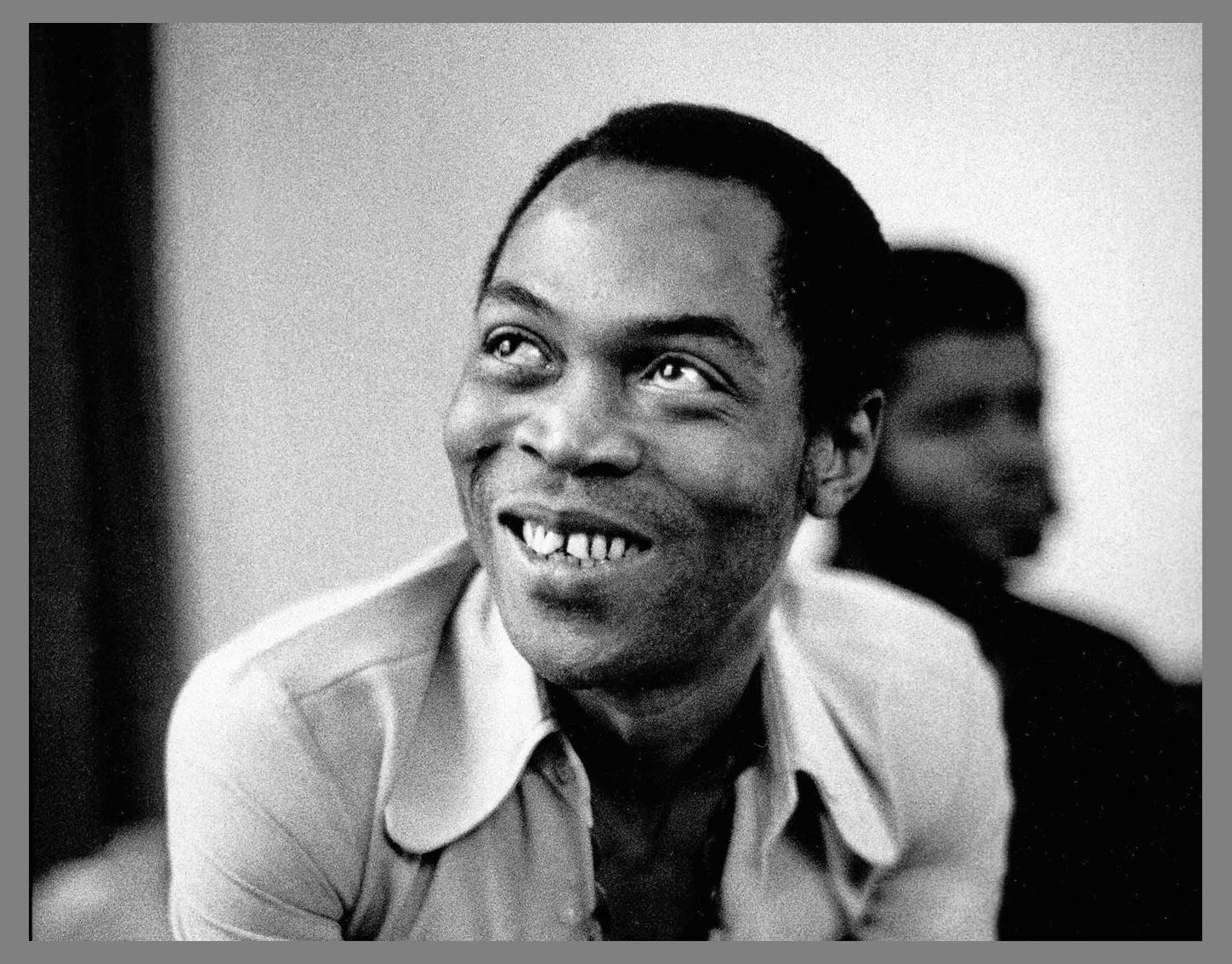 Fela Kuti
Fela Kuti
Fela Kuti: The Icon of Afrobeat and Anti-Colonialism
Introduction:
Fela Kuti, the legendary Nigerian musician and activist, emerged as a towering figure in the music world and a symbol of resistance against colonial oppression. His genre-bending Afrobeat sound, a fusion of jazz, funk, and African rhythms, became a vehicle for his outspoken criticism and social commentary.
Early Life and Influences:
Born in 1938 in Abeokuta, Nigeria, Fela grew up in a politically charged environment. His father was a prominent activist and his mother was a singer. Exposed to both traditional Yoruba music and Western jazz, Fela developed a unique musical style that defied categorization.
Musical Career:
In the 1960s, Fela traveled to London to study music at Trinity College. Upon his return to Nigeria, he formed the Koola Lobitos band, which later evolved into the Africa '70. His music quickly gained popularity, not only for its infectious rhythms but also for its powerful lyrics.
Political Activism:
Inspired by the writings of Pan-Africanists like Kwame Nkrumah and Malcolm X, Fela became increasingly outspoken about political issues. His music became a rallying cry for the oppressed, attacking colonialism, corruption, and neocolonialism.
Challenges and Controversies:
Fela's activism made him a target of the Nigerian government. He was harassed, arrested, and imprisoned multiple times. The government also targeted his nightclub, the Shrine, which became a haven for radical thinkers and activists.
Discography:
Fela released over 50 albums throughout his career, including:
* "Fela's London Scene" (1963)
* "Afrodisiac" (1973)
* "Zombie" (1976)
* "Army Arrangement" (1984)
* "Beasts of No Nation" (1989)
Members:
Africa '70, Fela's main band, featured a large ensemble of musicians, including:
* Tony Allen: drummer
* Ginger Baker: drummer
* Roy Ayers: vibraphonist
* Dele Sosimi: keyboardist
* Egypt 80: female backing vocalists
Influence and Legacy:
Fela's music and activism had a profound impact on African music and politics. He inspired generations of musicians and activists and his message of liberation and self-determination continues to resonate today.
Song "Colonial Mentality":
One of Fela's most iconic songs, "Colonial Mentality," exposes the psychological legacy of colonialism. He lambasts the European-imposed education system and cultural norms that have oppressed and alienated Africans from their own identity.
Conclusion:
Fela Kuti's life and music were a testament to the power of art and activism. His Afrobeat sound became a global phenomenon, while his fearless denunciation of oppression left an unforgettable mark on the fight for freedom and dignity.
Introduction:
Fela Kuti, the legendary Nigerian musician and activist, emerged as a towering figure in the music world and a symbol of resistance against colonial oppression. His genre-bending Afrobeat sound, a fusion of jazz, funk, and African rhythms, became a vehicle for his outspoken criticism and social commentary.
Early Life and Influences:
Born in 1938 in Abeokuta, Nigeria, Fela grew up in a politically charged environment. His father was a prominent activist and his mother was a singer. Exposed to both traditional Yoruba music and Western jazz, Fela developed a unique musical style that defied categorization.
Musical Career:
In the 1960s, Fela traveled to London to study music at Trinity College. Upon his return to Nigeria, he formed the Koola Lobitos band, which later evolved into the Africa '70. His music quickly gained popularity, not only for its infectious rhythms but also for its powerful lyrics.
Political Activism:
Inspired by the writings of Pan-Africanists like Kwame Nkrumah and Malcolm X, Fela became increasingly outspoken about political issues. His music became a rallying cry for the oppressed, attacking colonialism, corruption, and neocolonialism.
Challenges and Controversies:
Fela's activism made him a target of the Nigerian government. He was harassed, arrested, and imprisoned multiple times. The government also targeted his nightclub, the Shrine, which became a haven for radical thinkers and activists.
Discography:
Fela released over 50 albums throughout his career, including:
* "Fela's London Scene" (1963)
* "Afrodisiac" (1973)
* "Zombie" (1976)
* "Army Arrangement" (1984)
* "Beasts of No Nation" (1989)
Members:
Africa '70, Fela's main band, featured a large ensemble of musicians, including:
* Tony Allen: drummer
* Ginger Baker: drummer
* Roy Ayers: vibraphonist
* Dele Sosimi: keyboardist
* Egypt 80: female backing vocalists
Influence and Legacy:
Fela's music and activism had a profound impact on African music and politics. He inspired generations of musicians and activists and his message of liberation and self-determination continues to resonate today.
Song "Colonial Mentality":
One of Fela's most iconic songs, "Colonial Mentality," exposes the psychological legacy of colonialism. He lambasts the European-imposed education system and cultural norms that have oppressed and alienated Africans from their own identity.
Conclusion:
Fela Kuti's life and music were a testament to the power of art and activism. His Afrobeat sound became a global phenomenon, while his fearless denunciation of oppression left an unforgettable mark on the fight for freedom and dignity.